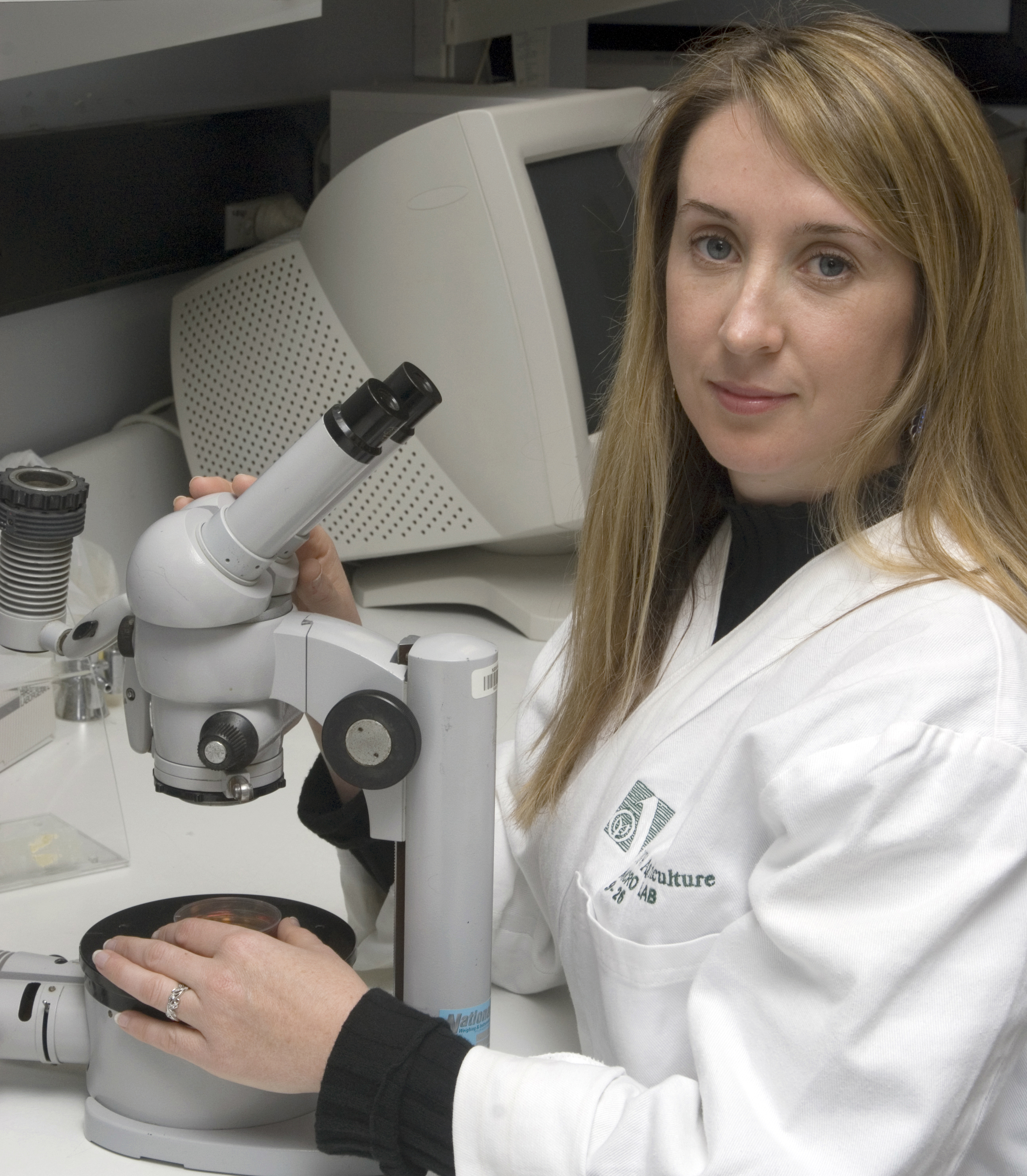
Bird bacteria linked to horse and human health
4 Jul 2018

Pregnancy losses in horses have been traced to a strain of bird chlamydia by researchers from the NSW Department of Primary Industries (DPI) and University of the Sunshine Coast.
Lead researchers, Martina Jelocnik from USC’s Animal Research Centre and NSW DPI microbiologist, Cheryl Jenkins, said veterinarians and people who are in contact with infected horses could also be at risk.
“The fact that birds can transfer chlamydia to humans is well-known, now there is more evidence horses may transmit the disease too,” Dr Jelocnik said.
“When humans are infected with the disease they can develop serious respiratory disease, which can require hospitalisation and antibiotic treatment, with a risk of long-term health problems.”
A team of researchers from USC, NSW DPI, Scone Equine Group and Hunter New England Health studied cases of pregnancy loss and foal death in 2016.
Dr Jenkins said DNA studies found at least 20 per cent of the cases may have been caused by the chlamydia strain Chlamydia psittaci, a bird pathogen.
“Further research is necessary to determine the range of potential factors influencing infection from birds and the risk equine infections pose to human health,” she said.
“Hendra and all infectious diseases which can be transmitted from horses to humans are reminders of the care people need to take when handling horses in Australia.”
Advice to help prevent spreading disease from horses to humans is available online, https://www.dpi.nsw.gov.au/__data/assets/pdf_file/0003/620076/Biosecurity-advice-when-handling-aborted-material-from-horses.pdf
The findings of the study were recently published in the scientific journal, Emerging Microbes and Infection. The first description of equine chlamydiosis in Queensland was reported in Transboundary and Emerging Diseases earlier this year.
Media opportunity: Thursday 5 July, 11.30am, University of the Sunshine Coast PC1 laboratory, building H near the brasserie. Interviews with Dr Martina Jelocnik and Dr Cheryl Jenkins about study results, vision of DNA testing techniques.
Photographs available from bernadette.york@dpi.nsw.gov.au
Media contact: Bernadette York 0427 773 785

